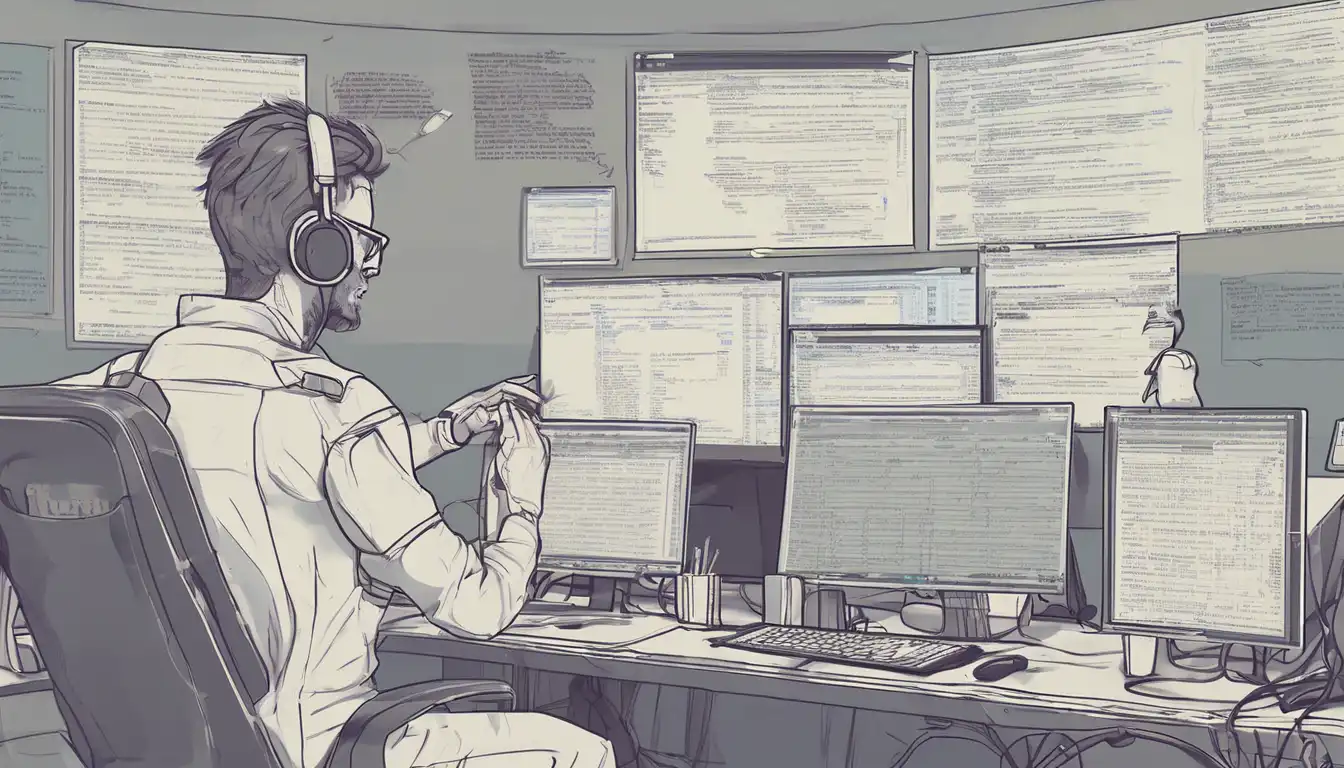Introduction to Professional Code Debugging
Debugging is an essential skill for any programmer, yet many struggle with it. This guide will walk you through the professional techniques to debug your code efficiently, saving you time and frustration.
Understanding the Debugging Process
Before diving into tools and techniques, it's crucial to understand what debugging entails. Debugging is the process of identifying and removing errors from your code to ensure it runs as intended.
Essential Debugging Tools
There are several tools available that can help streamline your debugging process. Here are a few must-haves:
- Integrated Development Environments (IDEs): Most IDEs come with built-in debugging tools that allow you to step through your code, inspect variables, and more.
- Debugging Software: Tools like GDB for C/C++ or pdb for Python offer advanced debugging capabilities.
- Logging: Implementing logging in your code can help track down elusive bugs by providing a runtime history.
Step-by-Step Debugging Techniques
Follow these steps to debug your code like a pro:
- Reproduce the Bug: Consistently reproducing the bug is the first step towards fixing it.
- Isolate the Problem: Narrow down the section of code where the bug occurs to focus your debugging efforts.
- Inspect Variables and State: Use debugging tools to inspect the state of your application at the point of failure.
- Fix and Test: After identifying the cause, make the necessary changes and test to ensure the bug is resolved.
Common Debugging Pitfalls to Avoid
Even experienced developers can fall into common debugging traps. Here are a few to watch out for:
- Assuming Instead of Verifying: Always verify your assumptions with concrete evidence from your debugging tools.
- Overlooking Simple Solutions: Sometimes, the bug is a simple typo or logic error. Don't overlook the basics.
- Not Taking Breaks: Debugging can be mentally taxing. Taking breaks can help you return with a fresh perspective.
Advanced Debugging Strategies
For more complex issues, consider these advanced strategies:
- Binary Search: Comment out half of your code to isolate the bug, then repeat the process until you've pinpointed the issue.
- Peer Review: Sometimes, a fresh pair of eyes can spot what you've missed. Don't hesitate to ask for help.
- Automated Testing: Implementing automated tests can help catch bugs early and reduce debugging time.
Conclusion
Debugging is a skill that improves with practice and patience. By leveraging the right tools and techniques, you can debug your code like a pro, making you a more efficient and effective developer. Remember, every bug you encounter is an opportunity to learn and grow.
For more insights into programming and software development, check out our programming tips section.
